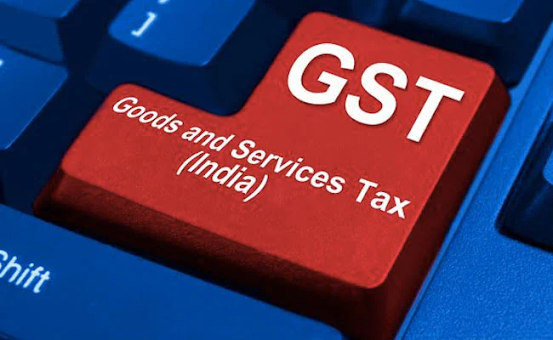Casinos, online gaming, and racetracks may be subject to a GST of 28%
During its meeting this week, the GST Council is expected to consider a proposal from a group of state finance ministers to impose a 28% GST on horse racing, casinos, and internet gaming
In its meeting this week, the GST Council is expected to consider a proposal from a group of state finance ministers to impose a 28% GST on online gambling, casinos, and horse racing.
Online gaming should be taxed at the entire value of the consideration, including the contest entry fee paid by the player upon participation in the game, according to a recommendation made by the Group of Ministers led by Meghalaya Chief Minister Conrad Sangma.
The GoM has proposed that GST be applied to the whole value of bets placed with bookmakers and pooled in totalisators on racetracks.
In casinos, GoM advised that the tax be applied on the entire face value of the chips or coins that a player has purchased from the establishment. The value of bets put in each round of betting, including those placed using winnings from earlier rounds, would not be subject to further GST.
The GoM has proposed adding a 28% Goods and Services Tax to entry/access fees to casinos, which automatically includes food, beverages, and other items.
However, sources added, that optional purchases made apart from admission tickets will be subject to the corresponding tax rate.
Casino, horse racing, and online gaming services are currently subject to 18% GST. The technique for valuing the services would be chosen by the GoM.
A panel of state ministers was established by the government in May of last year to better assess the value of the services provided by casinos, online gaming portals, and racetracks in order to assess the Goods and Services Tax (GST).
Rajat Mohan, senior partner at AMRG & Associates, claimed that the 28% tax rate on gambling, horse racing, and casinos would put them on par with many other sinful products like pan masala, tobacco, and bottled water.
Online gaming, horse racing, and casinos would be subject to gross revenue taxes rather than the net value added taxes, according to Mohan.
This approach might temporarily boost the exchequer, but in the long run, he warned, it would attract the unorganized sector and encourage the widespread production of dirty money.
The report of the GoM is likely to be taken up in the next meeting of the GST Council on June 28-29 in Chandigarh.
The other state ministers in the 8-member GoM include Maharashtra Deputy Chief Minister Ajit Pawar, Gujarat Finance Minister Kanubhai Patel, Goa Panchayati raj Minister Mauvin Godinho, Tamil Nadu Finance Minister P Thiaga Rajan, Uttar Pradesh Finance Minister Suresh Khanna, and Telangana Finance Minister T Harish Rao.



Comments
Post a Comment